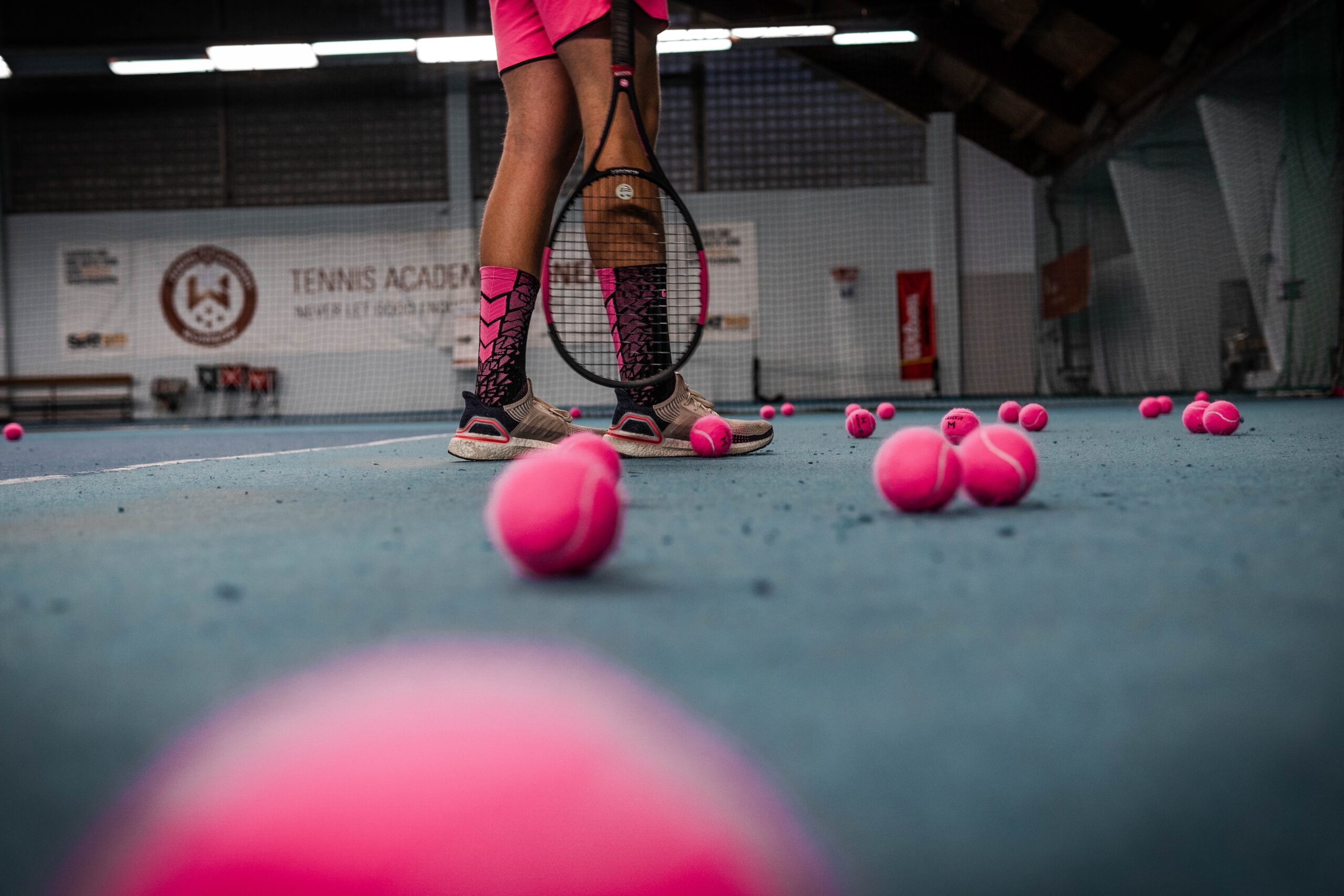
Parent support or pressure impact on athlete/ nature of family participation impact youth sports in more ways than most parents are aware. Parental support and being emotionally present at a child’s practices and games is important to develop and maintain positive relationships between the parent-child which can also support internal and external motivation (Kaye et al., 2019). It has been stated that parents with more sports experience and knowledge are able to handle the stressors and emotions during competition, better than parents that lack knowledge or previous experience (Knight et al., 2016).
Dorsch presented a model that incorporates past theoretical contributions and integrations to explain how proximal (e.g., parent pressure and support, sibling modeling and differentiation, peer social comparison and expectations, coach-relationships and leadership) and distal (e.g., organizational culture and standards, community infrastructure and access, societal traditions and values) aspects of the youth sport system can be studied in a more integrated way. (Dorsch et al., 2022, p. 106)
The system really must view the greater impact of the whole rather than the individual parts, however the system itself is made of many independent parts that play impactful roles. The parent-child relationship is impacted by the greater system to help the navigate the arena of support and pressure in the sports experience. As one would expect and the study expected “that supportive parents would actively attempt to understand student-athletes’ perspectives (i.e. autonomy), provide reasonable expectations and structures (i.e., competence), and show interest in and direct energy toward their student-athlete, showing that he or she is significant regardless of academic or athletic performance (ie., relatedness)” (Kaye et al., 2019, p. 245).
Parents that understand and continue to seek further information from their child regarding their interests, preferences, and perspectives tend to have children that perceive the supportive relationship (Kaye et al., 2019). Parents need to play a role as a parent and not a best friend by providing clear, consistent, and reasonable expectations within the daily life expectations as well as in the sports experience. This expands into other aspects of a child’s life. A child should not be judged as successful and the parent-child relationship should not depend on the outcome of athletic performance (Kaye et al., 2019).
Parental involvement can have a significant impact on children’s motivation, enjoyment, and long-term participation in youth sports, as children place immense importance on their parents’ involvement in these activities (Knight et al., 2016). They also can have an impact on a child’s values and goals in the sports career. Majority of the parents out there have intentions that are positive to support their child, but it doesn’t always come off that way and the end results of kids leaving sports show some of the holes we have in the system.
